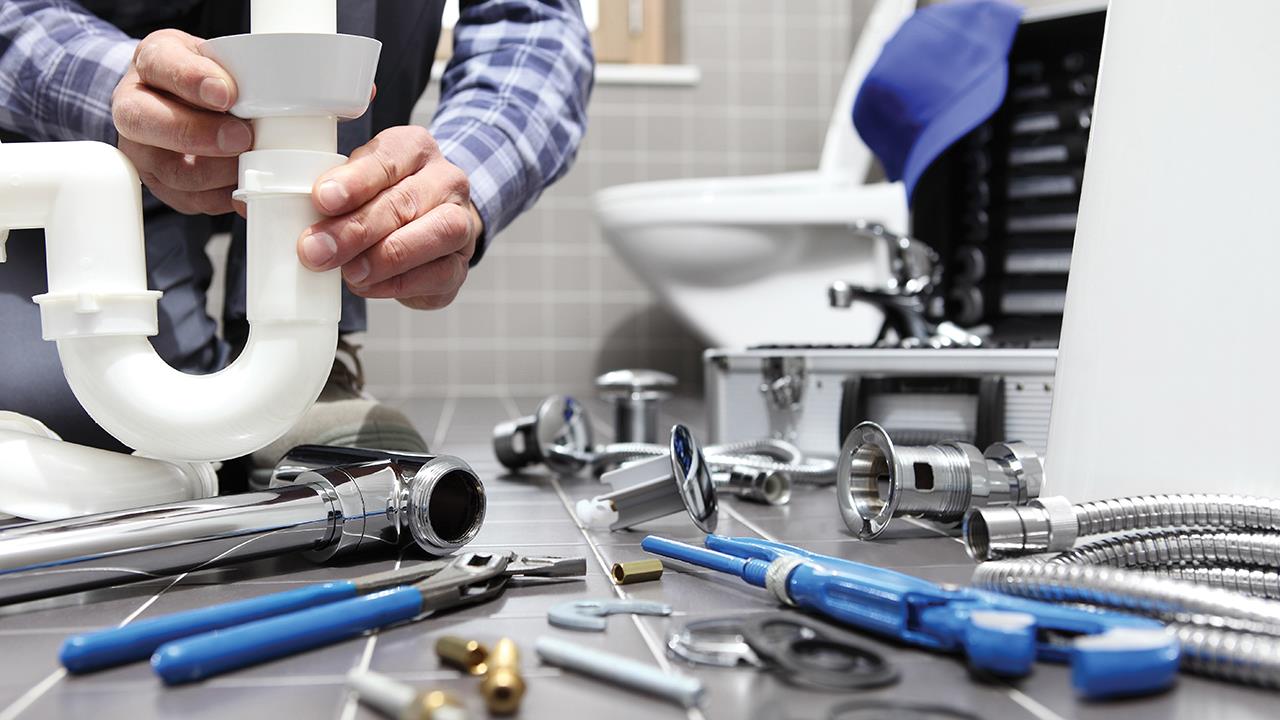

Is a bathroom/kitchen fitter a plumber? Or are they someone who is a good cabinet fitter, that knows a little bit about plumbing?
This is the question posed by the current Plumbing and Heating Standards. It only allows apprentices that can meet the full scope of work required, and currently that means they have to do a fuel option, such as gas. This is something many bathroom/kitchen fitters don’t need/want to do.
But should they still be allowed call themselves a plumber? After all, they still need to install and connect all of the bathroom/kitchen components to the water supplies to make them work correctly.
And, let’s face it, if they don’t do this correctly, to industry standards, it could dent the public’s trust in the profession, and even lead to potential health or safety issues.
Some ‘plumbers’ even fit radiators and service heating systems (wet side only) and install/maintain unvented cylinders, but don’t want to deal with the gas side.
I think these professionals should still be able to call themselves plumbers, especially if they have done some recognised training, or been under the wing of another plumber for many years, so know the correct way of doing things.
So, this leaves us with a bit of a blurred line about who exactly should be called a plumber.
What about those ‘plumbers’, that have never done any formal training, and have possibly just read a book or watched YouTube videos (the good and the bad!) to hone their skills, with no real experience and guidance from someone who has had formal training? They also may have been working in the industry for several years, although there’s no guarantee they’re doing everything correctly.
With issues like cross connections, scalding and Legionella being prevalent, I would suggest these people shouldn’t be classified as plumbers.
You only have to look at the statistics on burns and scalds, and Legionella, as well as look at the rubbish in some of the rivers around the country to give some idea of the problems that rogue plumbers are creating, even if they think they are working in the correct way.
There’s a good video on YouTube from the Mythbusters television programme, showing the power and impact of an unvented hot water cylinder exploding. This could easily happen if a valve is put in the wrong place.
Many will think I might seem like I am being overdramatic, as you have to go on a course to enable you to install or maintain an unvented cylinder, right? Same as you have to do a course to teach you how to fit gas boiler, and we never read of anyone fitting them illegally, do we?
So, why do the current plumbing standards put an emphasis on having to do a fuel option, when it could end up creating more issues for the plumbing industry in the long run? There is talk that there will be a new option that doesn’t cover fuels, but will be termed, ‘non-domestic pipework’. However, I can’t see how that will entice the bathroom/kitchen fitters to take on an apprentice, if they only do domestic bathrooms.
It is often said that the standards have to have the fuel option in, to comply with Engineering Council standards, to allow the candidate to also become EngTech accredited, but if the ‘non-domestic pipework’ route can fit the bill, then why can’t the core wet plumbing also fit this bill? Surely offering the (wet) core route only as an option, has to be better all round, if we are to create an improved standard of plumbing in England?
Also, to add into the pot, the current Gas Standard only looks at the installation and maintenance/fault finding of gas appliances, and not how to fit the wet central heating components.
That is only an elective unit, which colleges and centres receive no additional funding to run, so are they going to offer it as an option? So, that then that begs the question: how do gas fitters know how to correctly install a wet central heating system?
If you'd like to keep up-to-date with the latest developments in the heating and plumbing industry, why not subscribe to our weekly newsletters? Just click the button below and you can ensure all the latest industry news and new product information lands in your inbox every week.